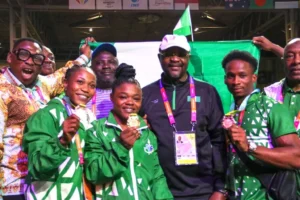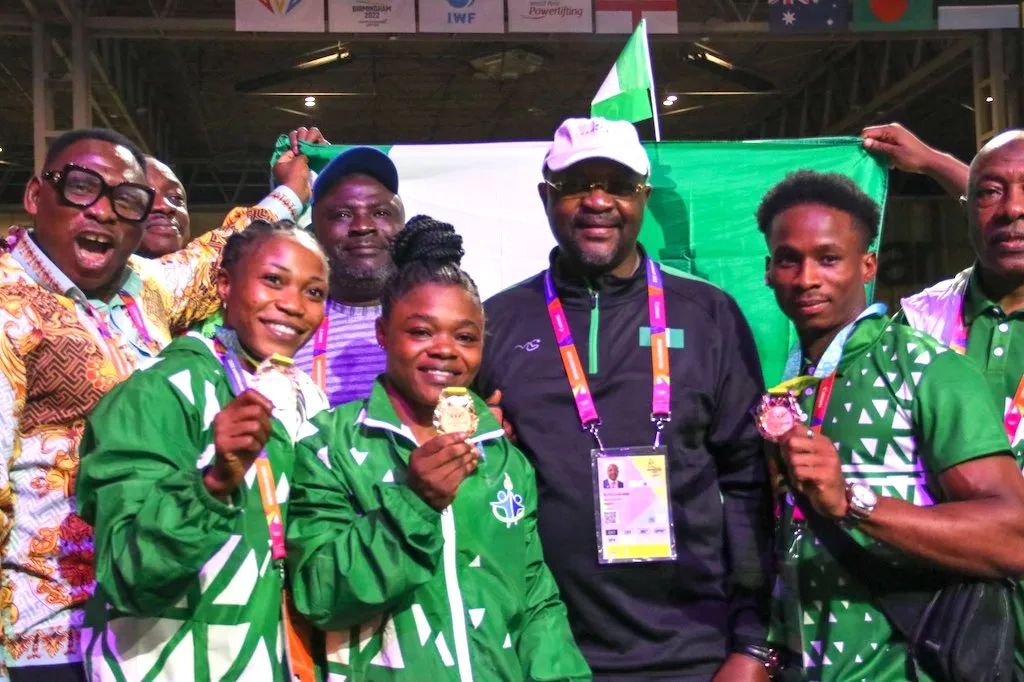The 22nd edition of the Commonwealth Games, hosted in Birmingham, UK, stands as a monumental success—blending art, culture, multi-sport glory, and remarkable diversity into an unforgettable spectacle. Held at the iconic Alexander Stadium in the West Midlands, the Games were not only the first-ever carbon-neutral CWG, but also a forward-thinking showcase of inclusion, with an unprecedented number of events and medals awarded in women’s sports and para-sports.
Among the most notable innovations was the introduction of women’s cricket and the seamless integration of eight para-events, setting a progressive tone for the future of global multi-sports competitions.
From Durban to Birmingham: A City That Rose to the Challenge
Originally awarded to Durban, South Africa, the 2022 CWG found a new home in Birmingham after Durban pulled out in 2017 due to financial constraints. This gave the UK city significantly less time to prepare. Coupled with the global disruptions caused by the COVID-19 pandemic, Birmingham had every excuse to fall short—but it didn’t. Instead, it soared.
The opening ceremony on July 28 was a vibrant celebration of British culture and global unity. It featured appearances by Prince Charles, the Duchess of Cornwall, and Nobel Laureate Malala Yousafzai, whose heartfelt speech on girls’ education resonated deeply. Performances by Duran Duran, visual tributes to historical figures like William Shakespeare and Charlie Chaplin, and the unforgettable appearance of the Bull of Birmingham electrified the crowd.

A Platform of Record-Breaking Achievements
With 6,500 athletes from 72 Commonwealth nations and territories competing in 280 medal events, Birmingham 2022 did not disappoint. Australia topped the medal chart with 174 medals, but among the many inspiring stories, Nigeria’s performance stood out as historic.
Participating in its 15th Commonwealth Games, Nigeria sent 93 athletes (41 men and 52 women) across seven sports. The result: a record-breaking total of 35 medals – 12 gold, 9 silver, and 14 bronze – placing Nigeria 7th overall.
Nigerian Female Athletes Shine Brightest
While both men and women contributed to Nigeria’s success, it was the female athletes who dominated, claiming 9 of the 12 gold medals:
-
Adijat Olarinoye set a new Commonwealth record in the 55kg weightlifting, lifting a total of 203kg.
-
Rafiatu Lawal went further in the 59kg category, lifting 206kg.
-
Folashade Oluwafunmilayo and Bose Omolayo made a golden-silver duo in the heavyweight para powerlifting.
-
Tobi Amusan, fresh off her world-record feat at the World Athletics Championships, defended her CWG 100m hurdles title, further cementing her status as a global legend.
-
Nwachukwu Goodness smashed the discus record with her first two throws.
-
Chioma Onyekwere also earned gold in women’s discus.
-
The 4x100m women’s relay team of Amusan, Favour Ofili, Rosemary Chukwuma, and Grace Nwokocha delivered gold with a new Games record.
-
Ese Brume dazzled in long jump, breaking the event’s record twice in a single day.
Men’s Contributions and Mixed Fortunes
While the spotlight was largely on the women, Nigerian men also made valuable contributions:
-
Udodi Onwuzurike, Favour Ashe, Alaba Akintola, and Raymond Ekewvo won bronze in the 4x100m relay.
-
Edidiong Umoafia clinched bronze in 67kg weightlifting.
However, there were disappointments—especially in table tennis, where both the men’s and women’s teams fell short of expectations.
Challenges Behind the Scenes: Kits, Logistics, and Leadership
Despite the shining moments, Nigeria’s participation wasn’t without hiccups. Last-minute sportswear issues forced the country to outsource uniforms to UK-based MG Sportswear under emergency conditions. This reflects a long-standing problem of poor planning and coordination in Nigerian sports administration.
Still, the Federal Ministry of Sports deserves credit for avoiding any major scandals. The smooth execution and lack of controversy were notable achievements on their own.
Inspiration Amid National Crisis
At a time when Nigeria faces serious socio-economic turmoil—including prolonged university strikes, inflation, currency depreciation, and rising insecurity—the triumphs of athletes like Tobi Amusan, Ese Brume, and Goodness Nwachukwu offered a much-needed spark of hope and pride.
Their victories reminded Nigerians that greatness thrives when talent is nurtured, and that sports can unite the nation beyond ethnicity, region, or religion.
Reviving Nigeria’s Sporting Legacy
Nigeria’s strong performance at CWG 2022 is proof that with the right investment and infrastructure, the country can dominate more disciplines. However, aging sports facilities such as Ogbe Stadium, Rowe Park, and Liberty Stadium tell a story of neglect and decay.
For Nigerian athletes to reach their full potential without fleeing abroad, the government must invest in modern, durable facilities and support grassroots sports development.
Commonwealth Games at a Crossroads: Identity, Relevance, and Cost
Despite Birmingham’s success, the future of the Commonwealth Games remains a topic of debate:
-
Historical baggage: Critics argue that the Games’ roots in British imperialism are outdated, and question the relevance of its branding.
-
Cost barrier: Birmingham spent £778 million to host the Games—a sum far beyond the reach of many smaller or developing Commonwealth nations, especially in Africa. Durban’s earlier withdrawal due to cost is a testament to this challenge.
-
Inequality in hosting: Since 1930, only one African country (South Africa) was awarded the Games—and they had to pull out. Meanwhile, Australia (5 times), Canada (4 times), and the UK (multiple times) dominate hosting rights.
A Global Stage Worth Preserving
Despite its colonial origins, the Commonwealth Games continues to serve as a platform for unity, diplomacy, and talent discovery. Its ability to put cities on the global map, foster shared heritage, and promote friendly competition remains unmatched.
Newer Commonwealth members like Gabon and Togo are expected to join future editions, such as Victoria 2026, further expanding the reach of the Games.
Looking Ahead: From “Buga” to “E Choke”
At the opening ceremony, the Nigerian contingent danced proudly to Kizz Daniel’s “Buga”. By the end, the athletes had earned the right to shout “E choke!”, as Nigerian pop culture would say.
The takeaway? Nigerians are ready for the world stage, not just in music, but in sports—and the 2022 Commonwealth Games in Birmingham was a solid reminder of that.







